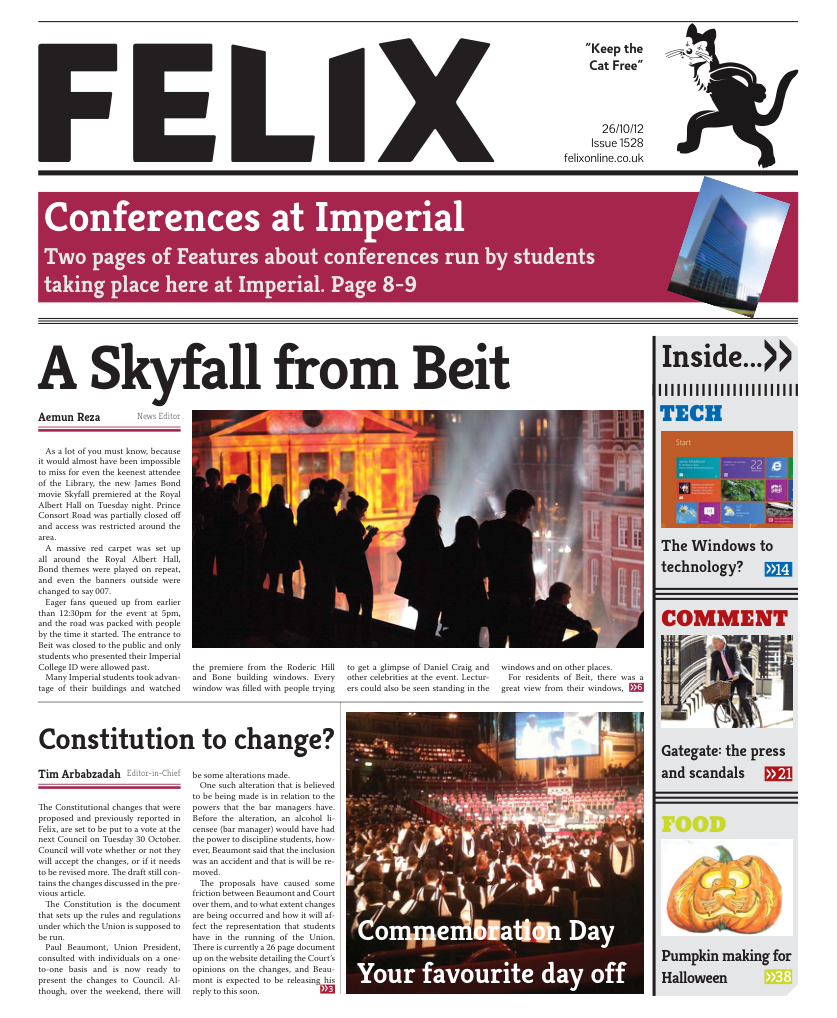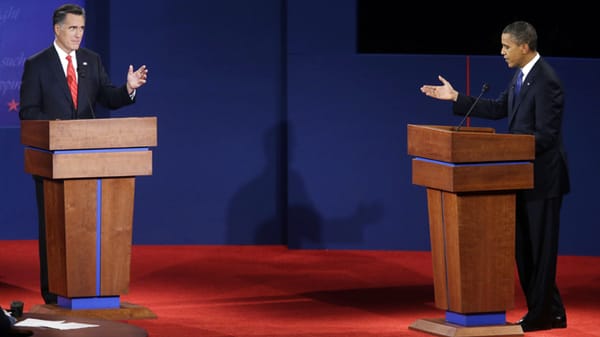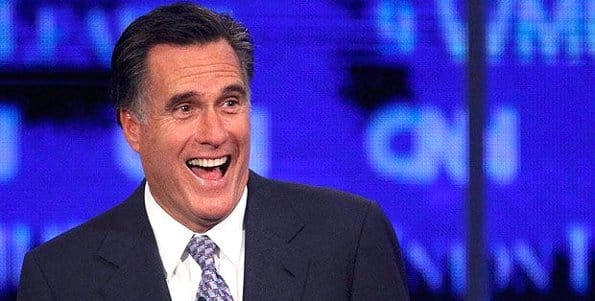Trade Union Members March Against Austerity
“I’ve never even kissed a Tory, why should I be fucked by one?”

The sea of people ruining everyone’s travel plans around London on October 20th were the trade unionists marching against the government’s cuts to services. Teachers, nurses, fire-fighters, professors, factory workers, politicians, actors, and many more – all there to oppose what they saw as damage being done to ordinary people’s lives and the economy.
The police say 100,000 people took to the streets; the TUC (Trade Unions Council) say 150,000. Perhaps this does not sound like many, but this means that the march, which started at midday at Embankment, lasted until nearly 5pm, when the last marchers reached the finish point in Hyde Park.
Winding through the streets and avoiding the socialist/communist/Marxist paper sellers, the union members made their voices heard – “no ifs, no buts, no NHS cuts”; “I’d rather be a pleb than a Tory”; and the eternal “General Strike Now!” chants rang around Central London. Vuvuzelas, whistles and union marching bands (the Fire Brigade Union had a bagpipe band) added to the noise. Workers on the march were angry at job cuts, benefit cuts and pay freezes whilst the cost of living continues to rise. People were struggling to understand why the coalition would choose to make life so hard for some of Britain’s lowest paid workers in the name of austerity to help the economy. Yet the economy continues to face contraction, and the budget deficit rises. The TUC makes the argument that making cuts whilst we are still in a recession costs the government more in the long run, as more people out of work reduces income tax receipts to the treasury, and the government has to pay out even more in benefits to those without jobs. Their slogan “Investment not cuts” was oft repeated in the speeches at the rally.
Ed Miliband also addressed the crowds at the rally. Cheered for his promise to repeal the NHS changes passed by this Government, he faced a spattering of jeers for repeating the Labour Party policy that some cuts are necessary. Miliband also took the Tories to task, “Andrew Mitchell may have resigned, but the culture of two nations runs right across this government. They cut taxes for millionaires, and they raise taxes for ordinary families.”
The Conservatives were naturally sceptical of the protest, and of Labour’s presence at the march. David Cameron tweeted, “Today Ed Miliband is headlining a rally calling for an end to every single spending cut needed to clear the deficit #labourisntlearning.” Grant ‘Michael Green’ Shapps, the Conservative Party Chairperson, had also said, “At today’s march, Ed Miliband will be among friends – supporting his union donors who oppose every single one of our spending cuts. You can’t be serious about clearing the deficit when you attend a march that calls for an end to austerity.”
Most of the people present, however, weren’t interested in political positioning from either party – they were there because they were angry about job cuts and loss of services, and worried about the future of the country’s welfare system. Placards ranged from the satirical “Osborne: If you want first class services, you’ve got to pay for them” to the tragedy written by a young boy, “I’m going deaf… the NHS can’t afford to operate”.
Caps to housing benefit are forcing families to choose between heating and food; disabled people are losing their living allowance and struggling to support themselves; and one million young people are unemployed. The claims that austerity isn’t working are striking a chord – the flags were being waved a little less enthusiastically than the last big trade union demonstration in March 2011. The reality of the cuts are biting, and with two and a half years to wait until the next general election, people are struggling to see any way to make things better.








